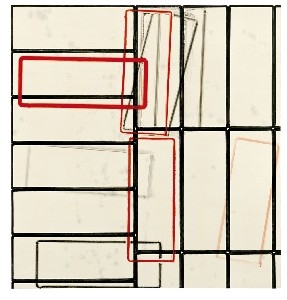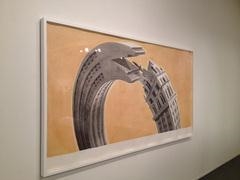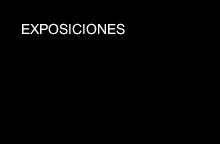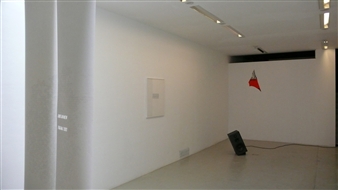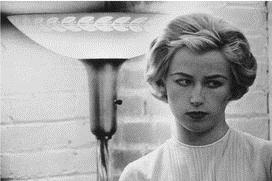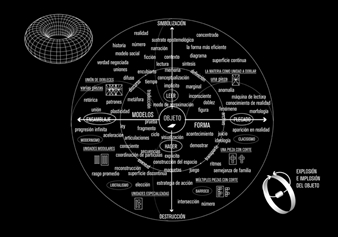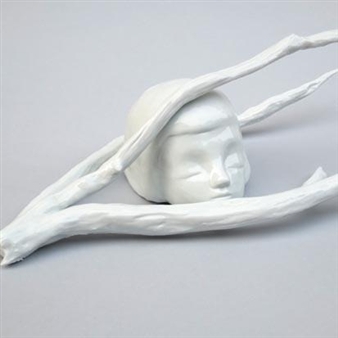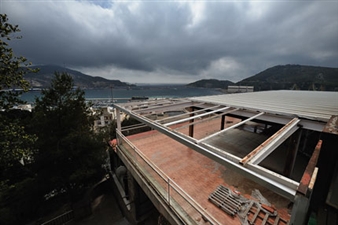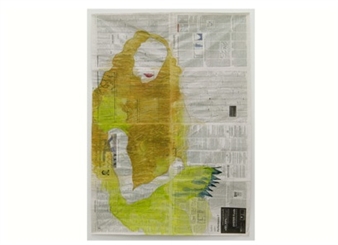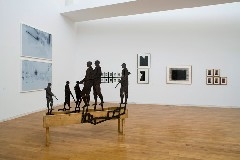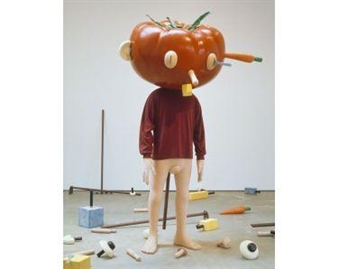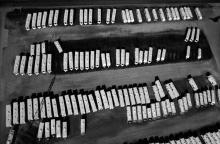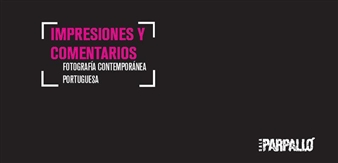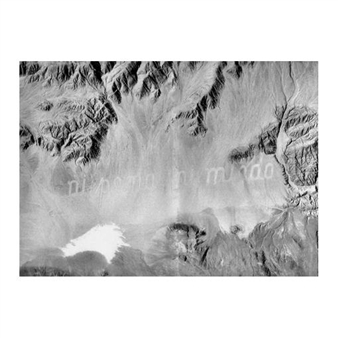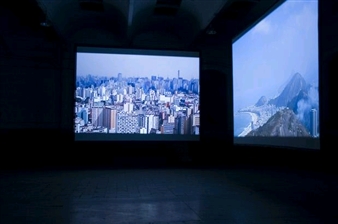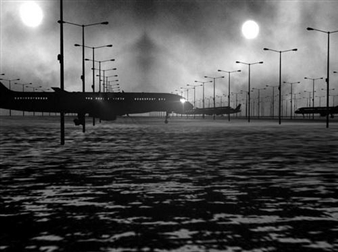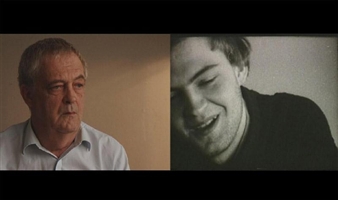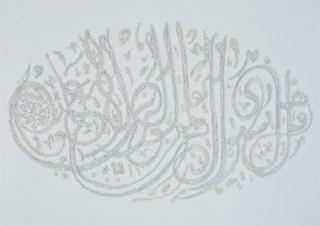THE SHADOW OF HISTORY
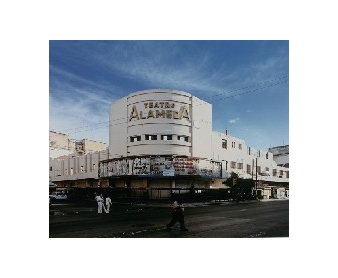
Centro Galego de Art Contemporanea, Galicia, Santiago De Compostela, 07/23/2008 - 10/05/2008
Valle Inclán
We live surrounded by images, news and data which make up a huge archive universe and, contrary to what would happen in the past, present-day archives are very difficult to erase or eliminate in order to promote or publish a biased view of the world or history. Their durability and decentralisation make them immune to any attempt at systematic annihilation by political, economic or military powers. In this context, what we are seeing is the gradual disappearance, or at least the alteration, of traditional forms of archives such as photograph albums, video libraries etc, while at the same time new forms of archiving and new information management policies come into being. However, these new ways of archiving, in spite of their durability and precisely because of their inerasable nature, imply certain difficulties and risks which are directly related to the digital technology they depend on. First of all there is the problem of access to data bases, and once the hurdle of accessibility is overcome, we are faced with difficulties deriving from the handling, administration and management of information. Secondly, there is the threat of an excess of relativism and the aspect of archives, which forces us to a perceptive codifying which is different from the nature of the archive itself and the collection of data. The functions currently assigned to registers and archives are related to the presence of memory and the role of memory in our twenty-first century society. Indeed, the meaning we give them depends on memory, the unavoidable and inerasable memory of data collections and digital images which struggle to find their place within the setting of new information management policies. But archives are also alive as we use them to build the present. When we intervene in a political reality through archives, we are acting according to the global and unavoidable memory of the world in real time. The third and last Proxecto-Edición at the CGAC revolves around this idea adopting the format of an exhibition in two different times (The Shadow of History, which we opened in July, and The Coming Contexts, which will open in December 2008). In the first part, by artists Joan Fontcuberta, Hanne Darboven, Lara Almarcegui, Ignasi Aballi, Xavier Ribas, Carlos Pazos, Rivane Neuenschwander, Jorge Barbi, Teresa Margolles, Raymond Chaves and Gilda Mantilla, Ceal Floyer, Dora García, Hans-Peter Feldmann and Julian Germain, we will take on some of the conflicts, scenarios and strategies of control which characterise a digital technology, in which the application of universal criteria as part of the modern paradigm has become obsolete.
For More Information